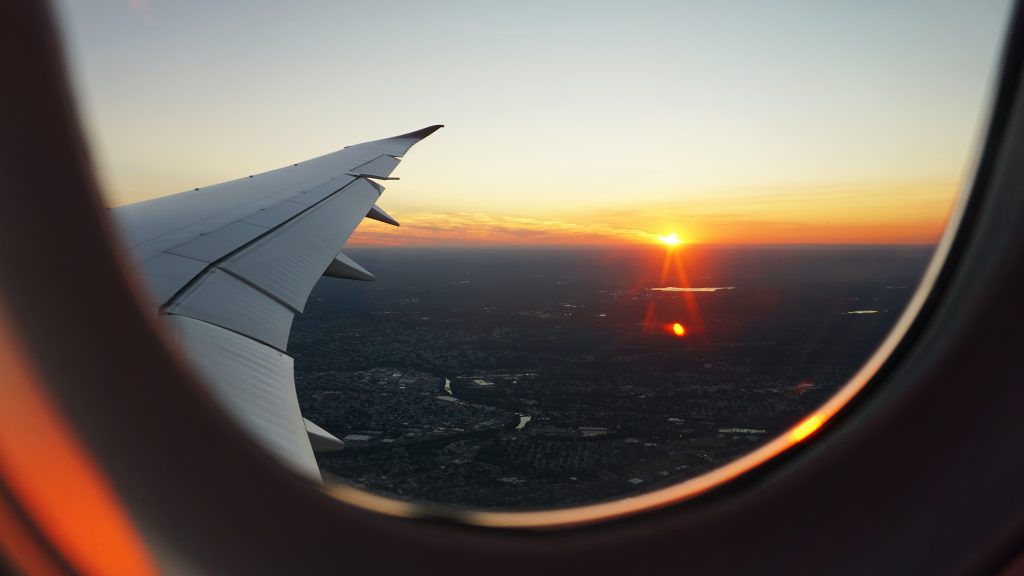
Travel can have a number of potential benefits: it may expose us to new experiences, challenge us to come out of our comfort zones, provide opportunities for adventure, and help to rejuvenate ourselves. For many people, going on trips may also help relieve stress, especially in times where long hours of work gives little time for recreation at the end of the day. Even travel for work or to meet family and friends has become frequent in today’s world when people often move far from home for career opportunities.
However, how many of us are enthusiastic about the actual travel part of a trip? Travel fatigue and jet lag have deterred many from taking a long deserved break from work or exploring new destinations. The stress caused by travel has the potential to cause symptoms like stomach problems, mood changes and sleep disruption. Who would not want to be at their highest potential when traveling for work? Or who would want to be exhausted in a family celebration after a long journey? Falling sick during a vacation can ruin the entire trip and may be the worst nightmare of a traveler. So, what is it that we need to keep in mind to overcome travel fatigue?
In this video, Sadhguru explains, “The greatest factor of stress during international travel is jet lag. This confusion in your biological clock could be stabilized. Spine, being the neuro conductor, it is of extreme importance it is kept stress-free. Travel is a time when spine takes maximum beating. Taking special care regarding these two aspects of the spine could greatly relieve the stress.”
“As your body is only a composite form of the food that you consume, to be conscious of what you ingest before and during the travel, can play an important role in determining the stress levels that you experience during and after your journey. When the body is being put through speed travel, which involves crossing time zones, it is best to consume food substances with very high water content, like fruits and fresh vegetables, and above all, to consume as much pure water as possible before, during, and at least 24 hours after the completion of your journey. It is best to avoid intoxicants and stimulants like alcohol and caffeine. It is also best to avoid food substances which tend to remain in your stomach bag for more than 3 hours, like red meat, complex mixtures of carbohydrates and fats, and deep fried foods.”
He further explains the importance of the spine in human physiology, saying, “Spine being the neuro conductor, it is of extreme importance it is kept stress free and well activated for overall well-being. Travel is a time when spine takes maximum beating due to inconvenient postures that the body may have to take for long hours. In the yogic system, the spine is referred to as the ‘Merudhandha,’ or the axis of your universe, as all individual human experience is essentially generated and transmitted through the spine.”
“It is general experience that most people, when stressed, will notice stiffness in the upper part of the spine, or the neck, and the lower, or lumbar part of the spine. Taking special care regarding these two aspects of the spine could greatly relieve the stress that tends to manifest in the form of spinal stiffness, which could further snowball into more serious problems of the spine.”
“The greatest factor of stress during international travel is jet lag, or confusion in the physical and energy system about the timezone into which you have traveled. This confusion in your biological clock could be stabilized by exposing your spine to sunlight, either directly, or through thin clothing, for a minimum of 20 minutes, 2 to 3 times a day. This, along with other tools of Upa Yoga, could largely handle and minimize the period of jetlag.”




